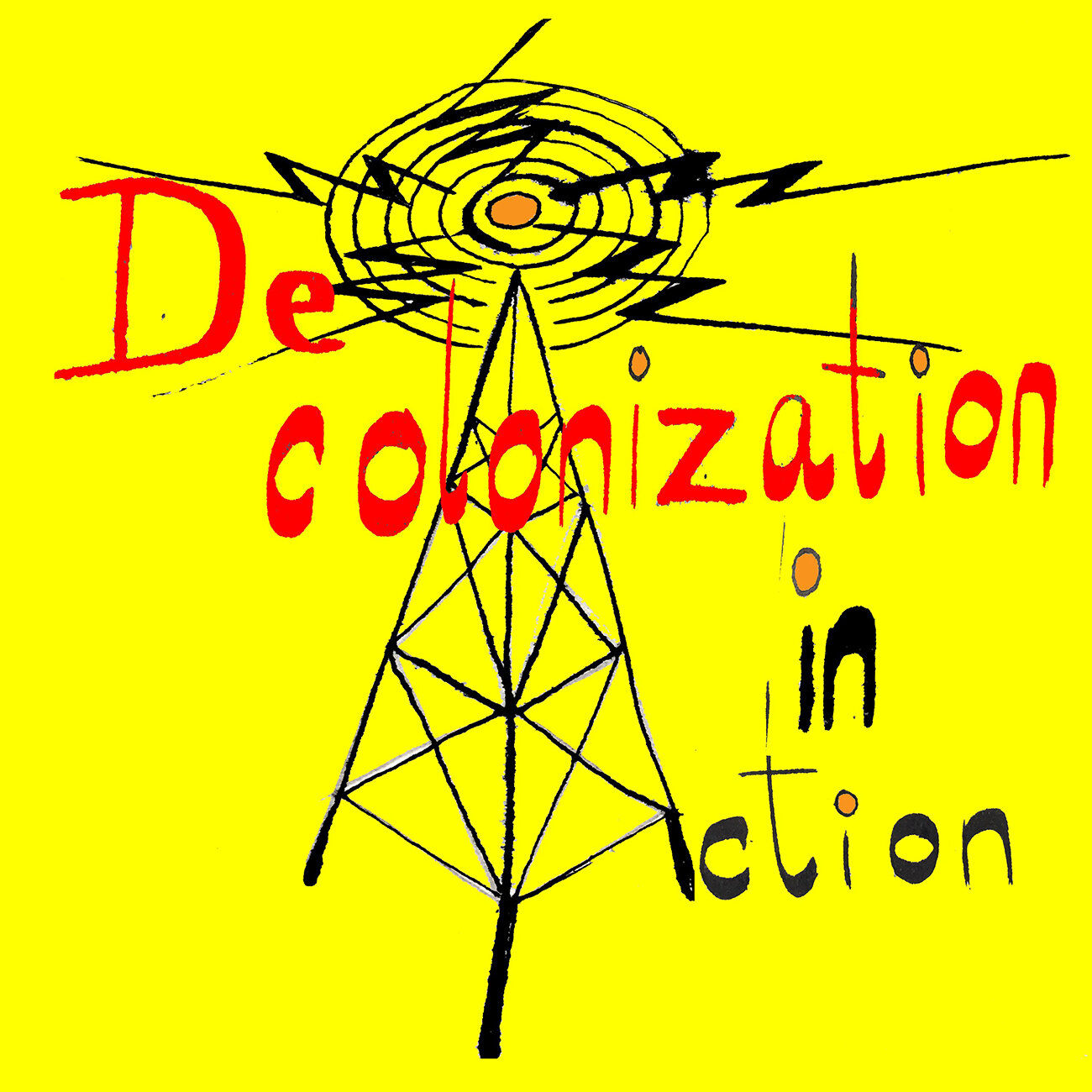Season 2, Episode 2: Migrant Chronicles in the Age of Coronavirus
Season 2, Episode 2: Migrant Chronicles in the Age of Coronavirus
What do migrants living in Berlin think about the novel coronavirus pandemic?
Angela Merkel declared that up to 70% of Germany could be infected by COVID-19, leading to nationwide public health measures and the closure of the borders. For migrants living in Berlin, COVID-19 is raising questions about the health conditions of loved ones living abroad, as well as the rise of draconian measures that are linked with increased surveillance internationally. During this episode, edna bonhomme speaks with two anticolonial migrants based in Berlin. First, she talks with Mugo Muna, a Kenyan American data analyst and organizer with Berlin’s inaugural Anti-Colonial month, who discusses the impact on the virus in Kenya, the United States, and Berlin. Then, she spoke with Jennifer Kamau, a Kenyan co-founder of International Women* Space, about the ways refugees are navigating through the pandemic in Germany and the importance of solidarity.
Transcriptions for all episodes are available upon request.
biographies
Mugo Muna
Mugo Muna is a Kenyan American data analyst by day and a 2D animator by night. He is one of many key activists who helped to organize Berlin’s inaugural Anti-Colonial Month in 2019. He has given talks on the relationship between surveillance and colonialism.
Jennifer Kamau
Jennifer Kamau is a co-founder of International Women* Space (IWS), an anti-racist feminist group consisting of refugee migrant women as well as women without this experience. The group was formed during the occupation of Oranienplatz (a square in Berlin’s district of Kreuzberg) and the Gehart-Hauptmann School in Berlin-Kreuzberg. IWS fosters solidarity and cooperation among migrant women, publishes books and organizes campaigns, protests and conferences on the topics of seeking asylum and migrant women’s struggles. In 2017, IWS organized “Als ich nach Deutschland Kam” (“When I came to Germany“), a two-day conference in Berlin. During the conference, different women shared their experience in six panel discussions: women who came to West Germany as guest-workers; women who came to East Germany as contract workers; women who came as migrants and refugees to reunified Germany as well as women who are affected by racism.
mentioned in this episode
Bibliography
Aïssa Sica, Storyteller and Creator of Womxn* of Color Blog
Jennifer speaking for International Women* Space at the March to Commemorate the African victims of enslavement, colonialism, and racist violence on 29 February 2020 in Berlin, Germany.
International Women* Space, ALS ICH NACH DEUTSCHLAND KAM (Unrast Verlag / in Vorverkauf) [“When I came to Germany”- Unrast Verlag], 2019.
International Women* Space, UNS GIBT ES, WIR SIND HIER (Publikation im Selbstverlag) [“We exist, we are here” - self-published], 2018.
International Women* Space, IN UNSEREN EIGENEN WORTEN (Publikation im Selbstverlag) [“In our own words”- self-published], 2015.
Show CREDITS
Interview
edna bonhomme
Editing / Post-production
edna bonhomme
Music
ispeakwaves (384935 and 439877, Attribution License, Creative Commons), pryght one (27130, Sampling+ License), scotcampbell (263709, Creative Commons 0 License), X3nus (450539, Attribution License, Creative Commons)
Logo by Nina Prader, Lady Liberty Press
Thank you!
A specials thanks to Muga Muna and Jennifer Kamau. A special thanks also to Ngoc Bui, Vietnamese-American currently studying social work and human rights in Berlin, for assisting with this episode and t



